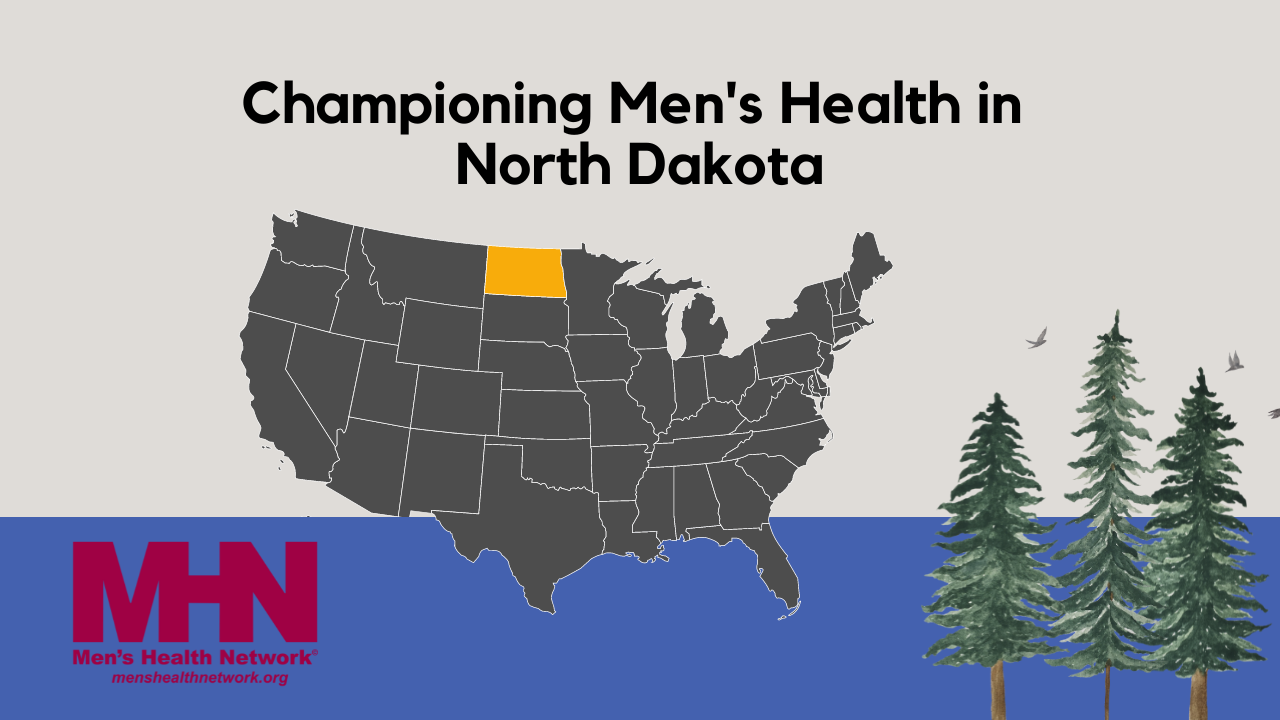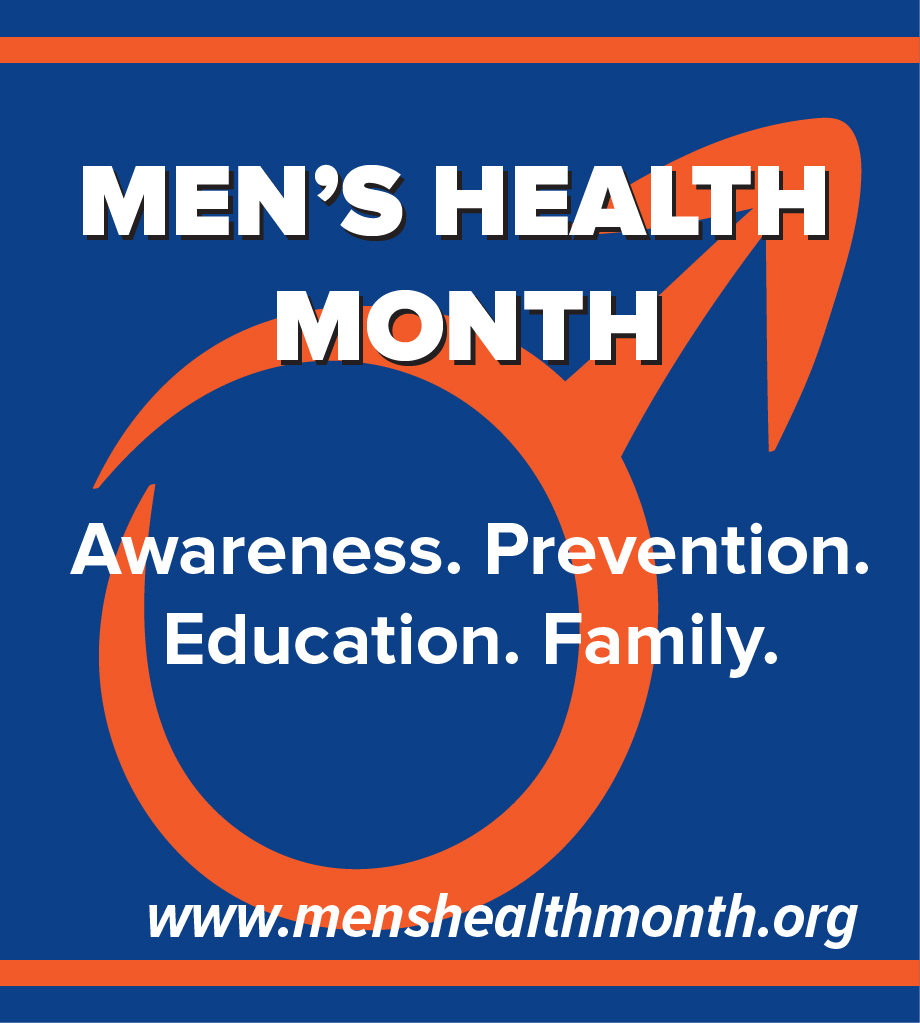In Part 2, we talked about a new test developed at Washington University in St. Louis that uses biomarkers in urine to screen for kidney cancer.
On the other side of the world, researchers at the University of Copenhagen have identified a different biomarker—this one in a simple blood—that may predict a person’s risk of developing a far more common condition: dementia.
“The blood test will help provide a more precise risk evaluation of a citizen’s risk of developing dementia later in life,” said Ruth Frikke-Schmidt, assistant clinical and research professor at the Faculty of Health and Medical Sciences at the University of Copenhagen said in a University press release. “The blood test will enable an earlier and more focused prevention effort, thus prolonging the onset of the illness and raising the individual’s quality of life,” she adds.
Frikke-Schmidt and her colleagues just published a study in the Annals of Neurology, showing that low level of the biomarker apolipoprotein E in the blood increases the risk of developing dementia in the future.
A healthy brain is able to remove a compound called beta amyloid. But in the brain of someone with dementia, beta amyloid builds up, creating a kind of plaque that interferes with the normal communication between nerve cells. Low level of apolipoprotein E in the blood, the researchers say, most likely reflects a low level of apolipoprotein E in the brain, and this indicates that beta-amyloid is less effectively removed.
“Over time, this increased biological knowledge about dementia can constitute a point of departure for the development of new drugs,” adds Frikke-Schmidt.



